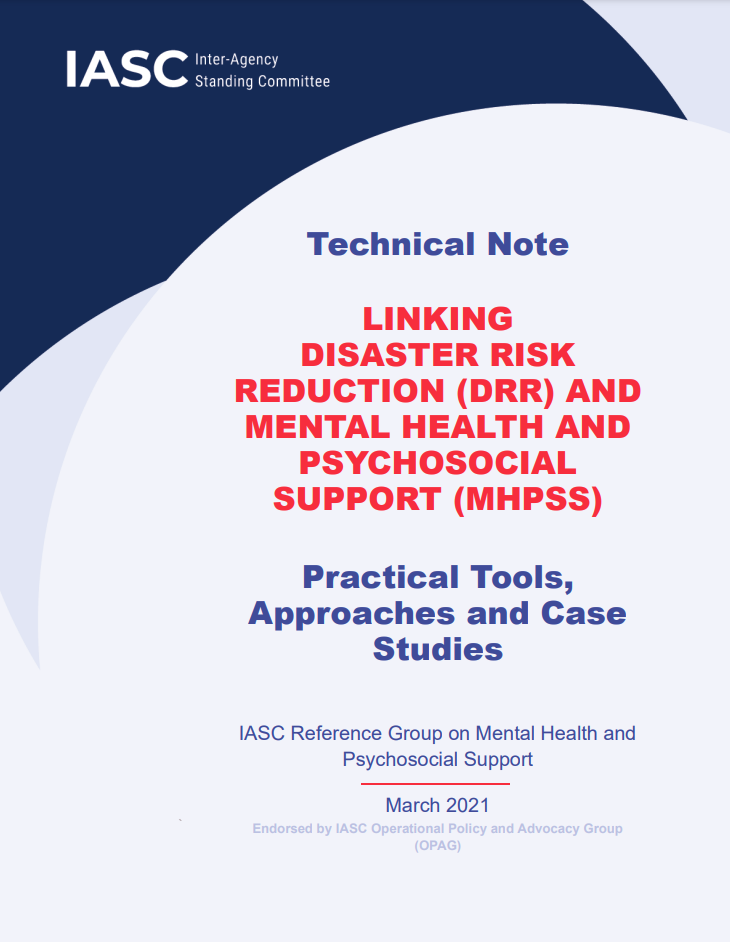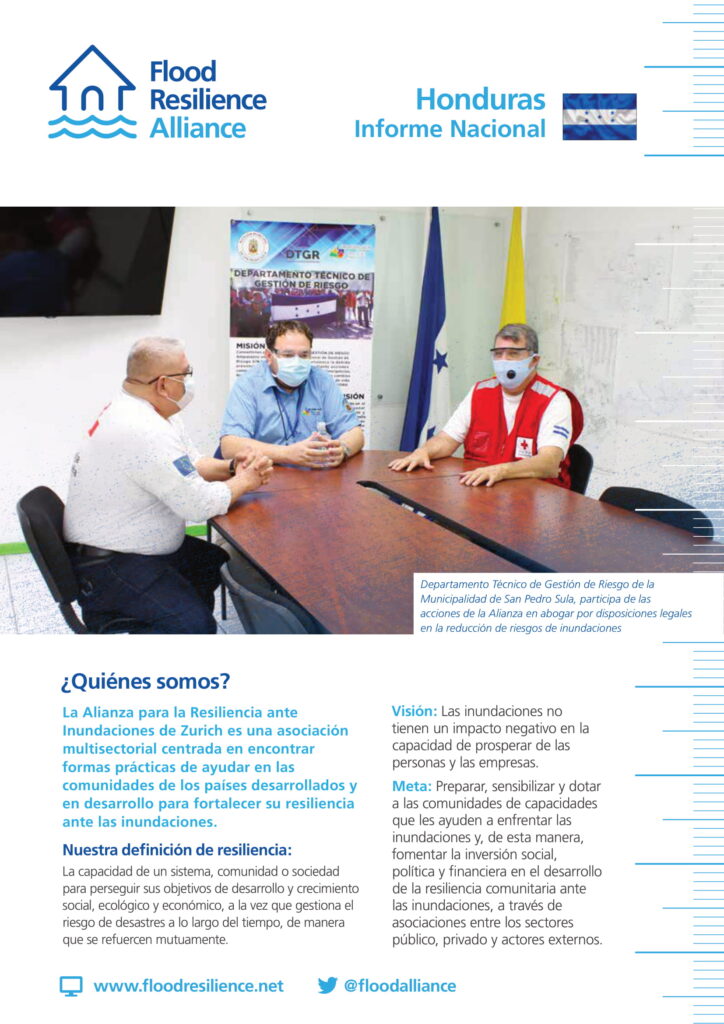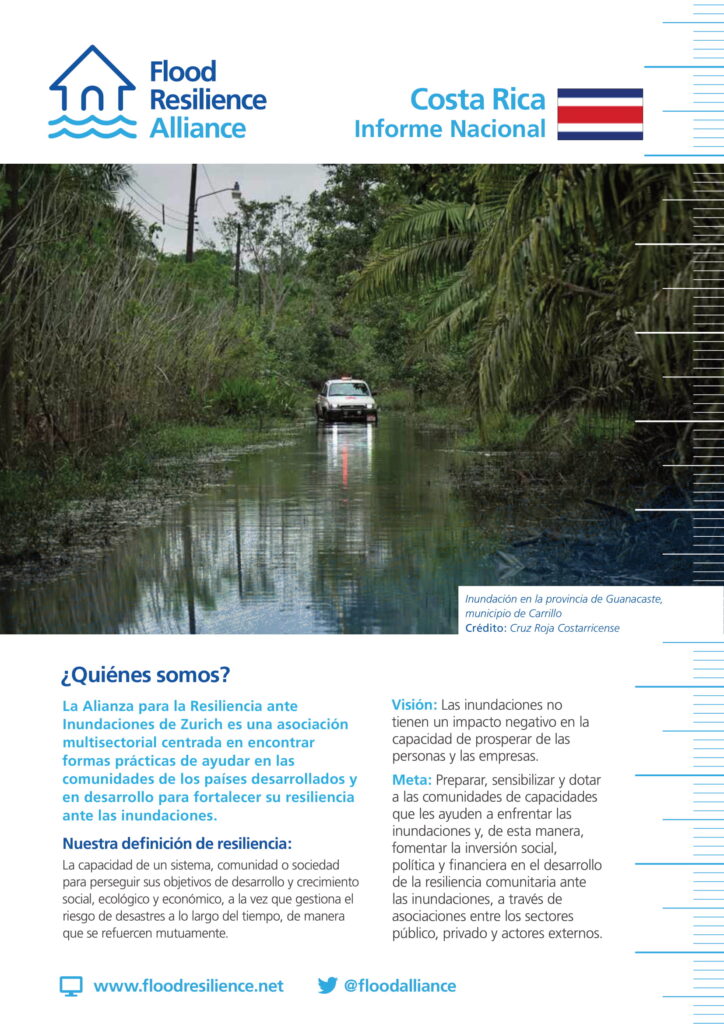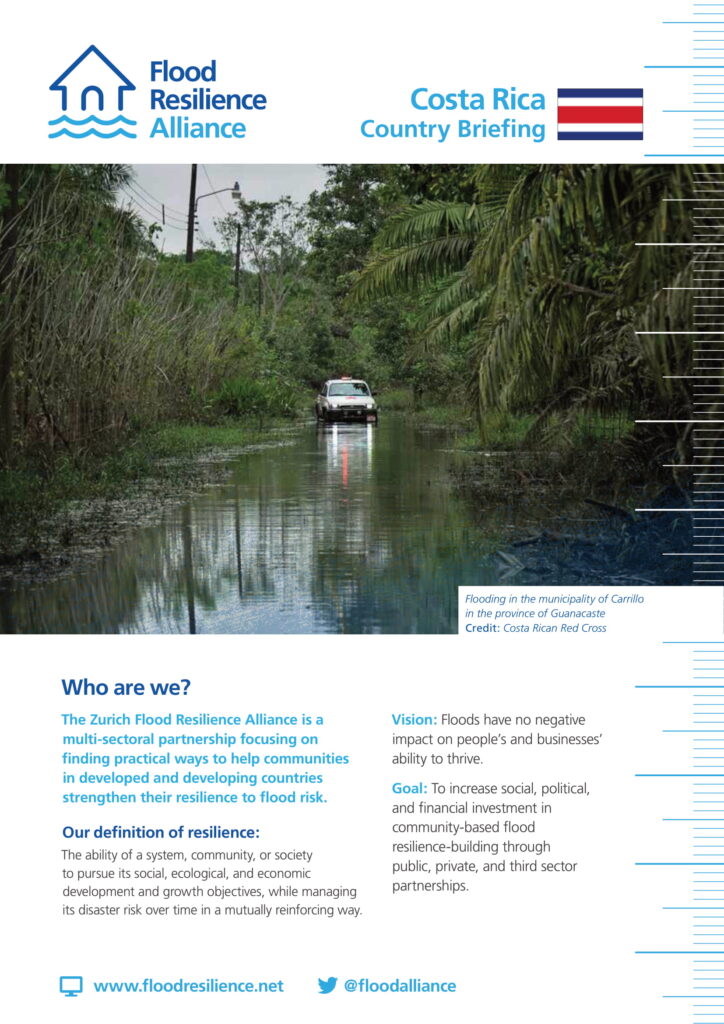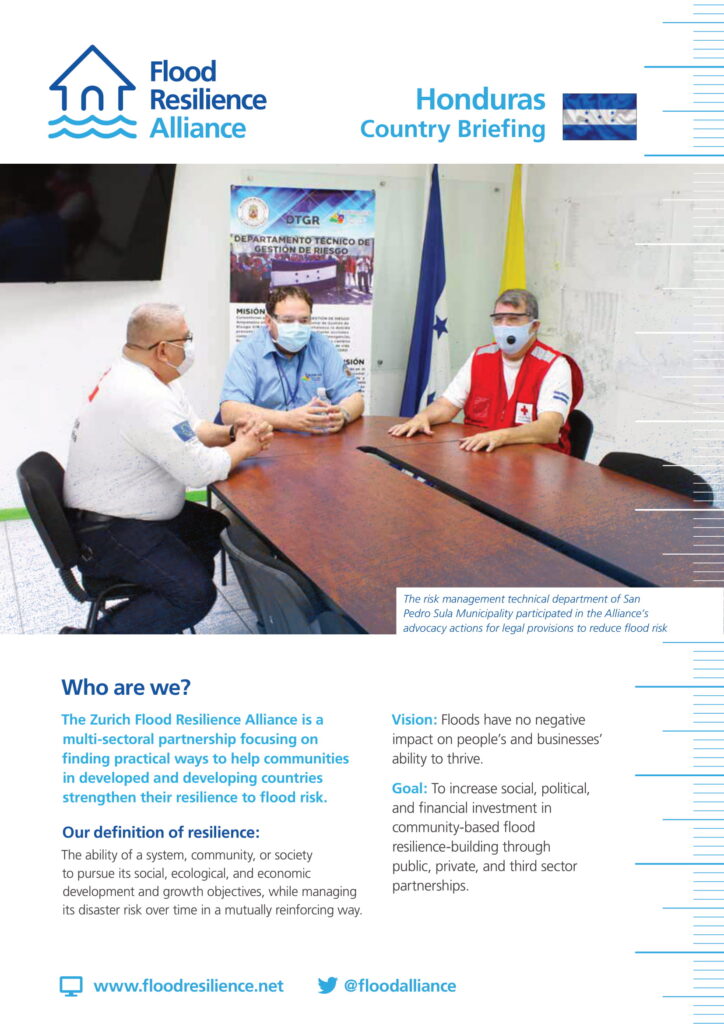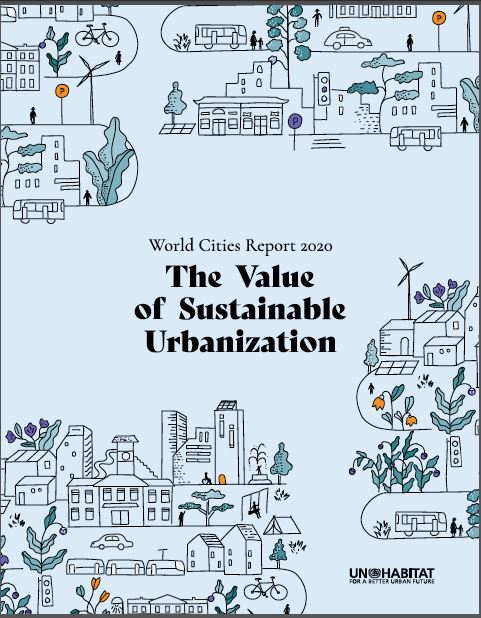Linking Disaster Risk Reduction (DRR) and Mental Health and Psychosocial Support (MHPSS): Practical Tools, Approaches and Case Studies (IASC)
This Technical Note on Disaster Risk Reduction (DRR) and Mental Health and Psychosocial Support (MHPSS): Practical Tools, Approaches and Case Studies were developed to assist humanitarian aid, development and disaster risk management organizations, national and local governments, and community actors within and across sectors with the delivery of a priority set of actions to reduce suffering […]

